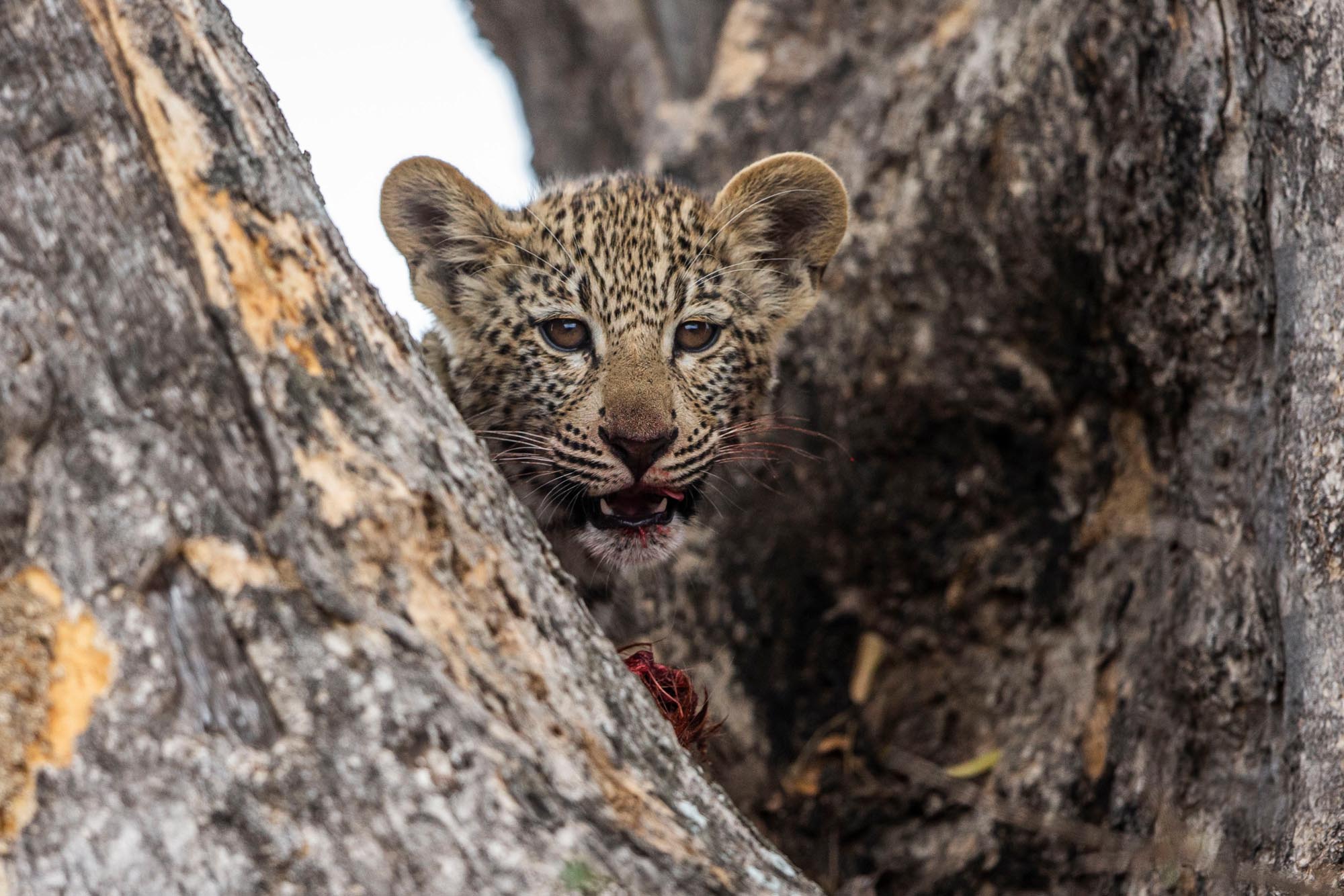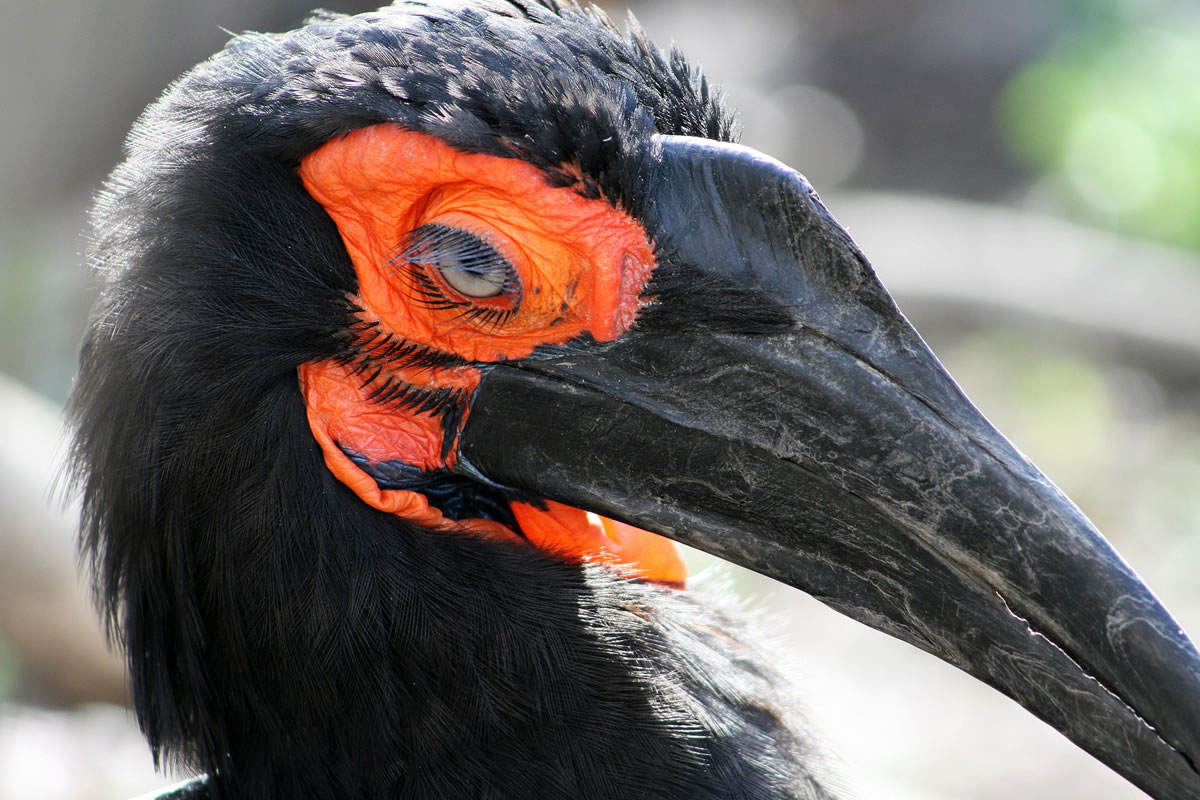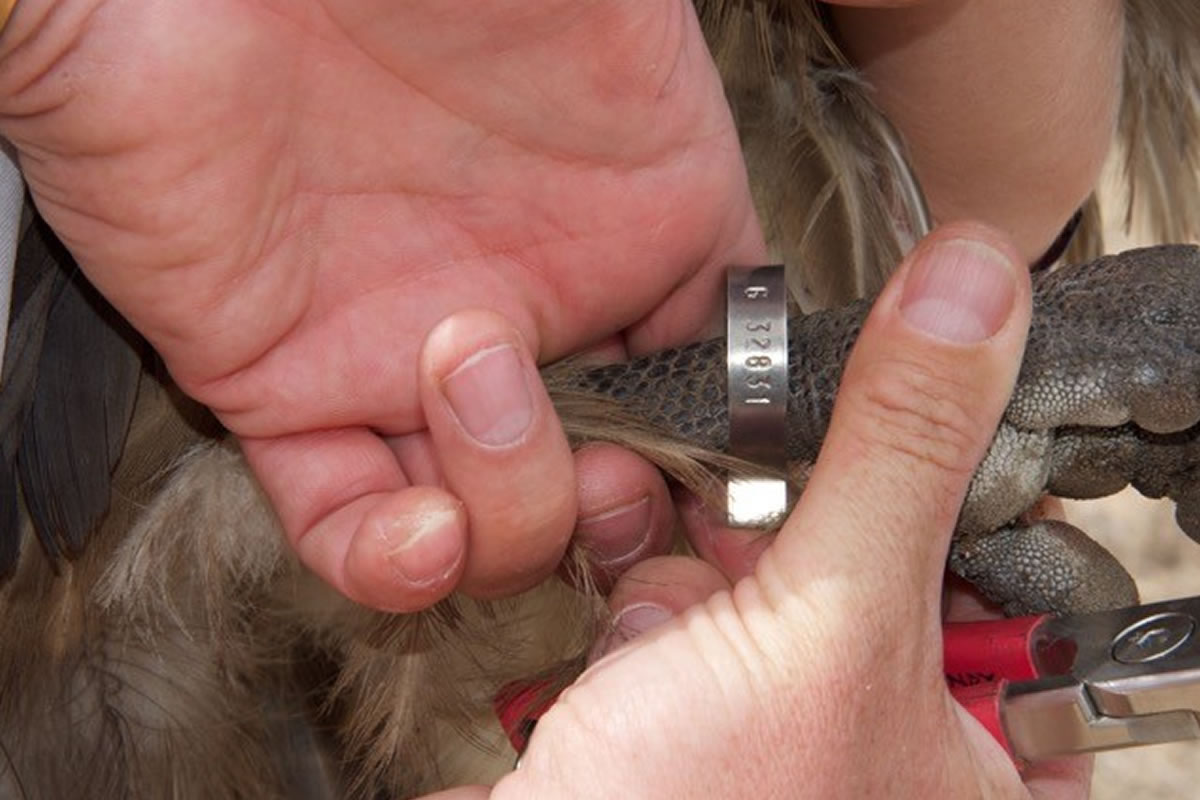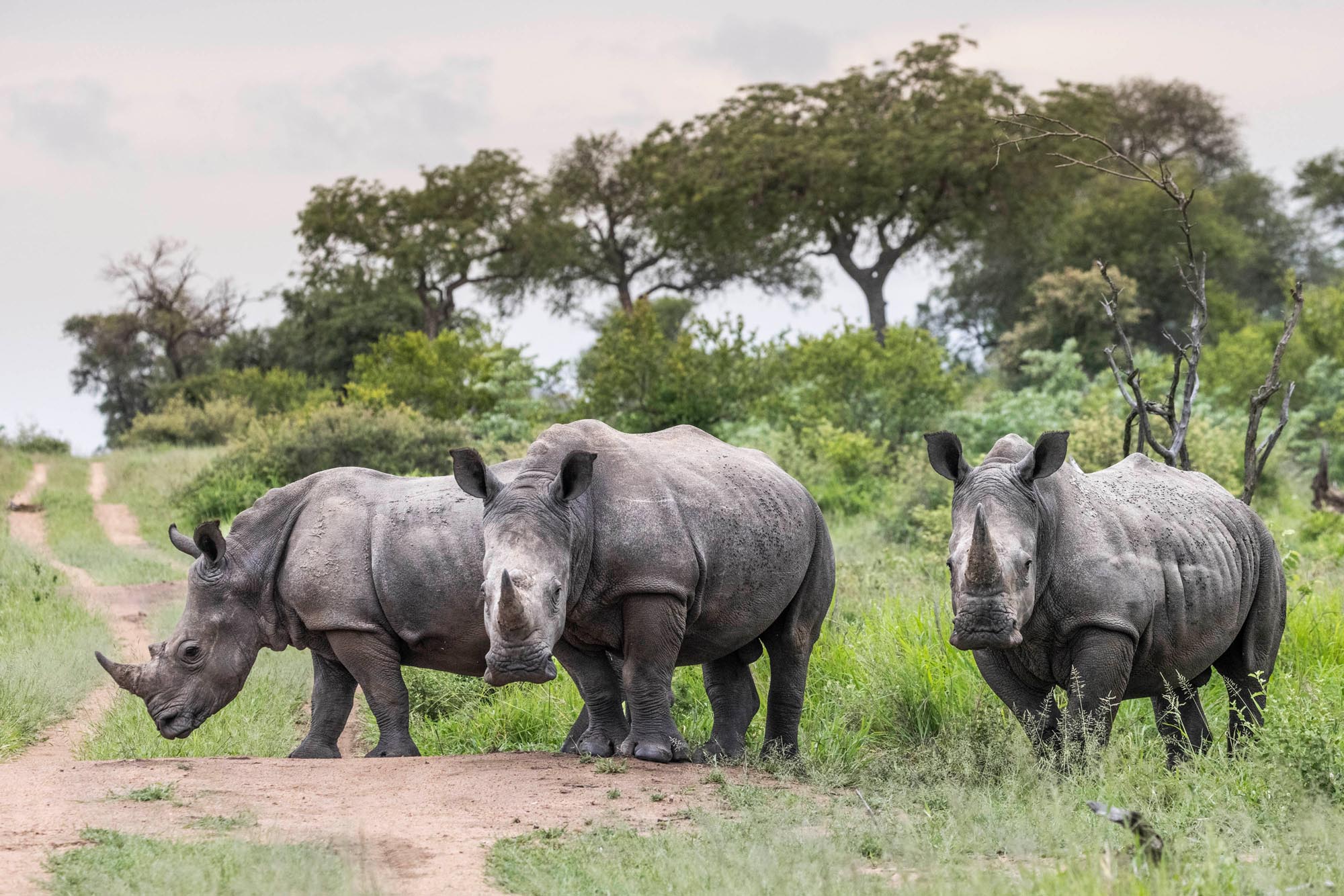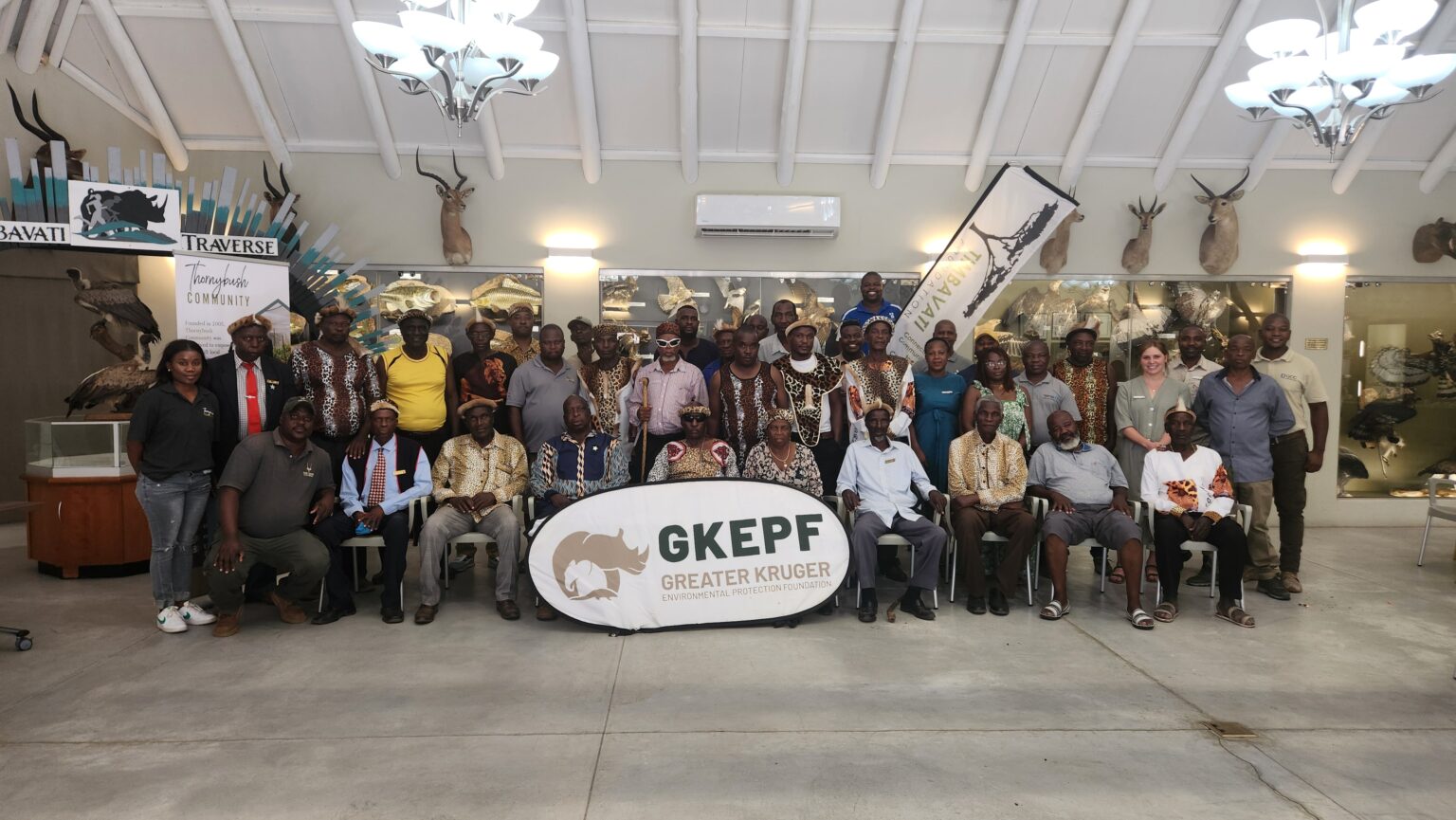Putting The Wilderness First

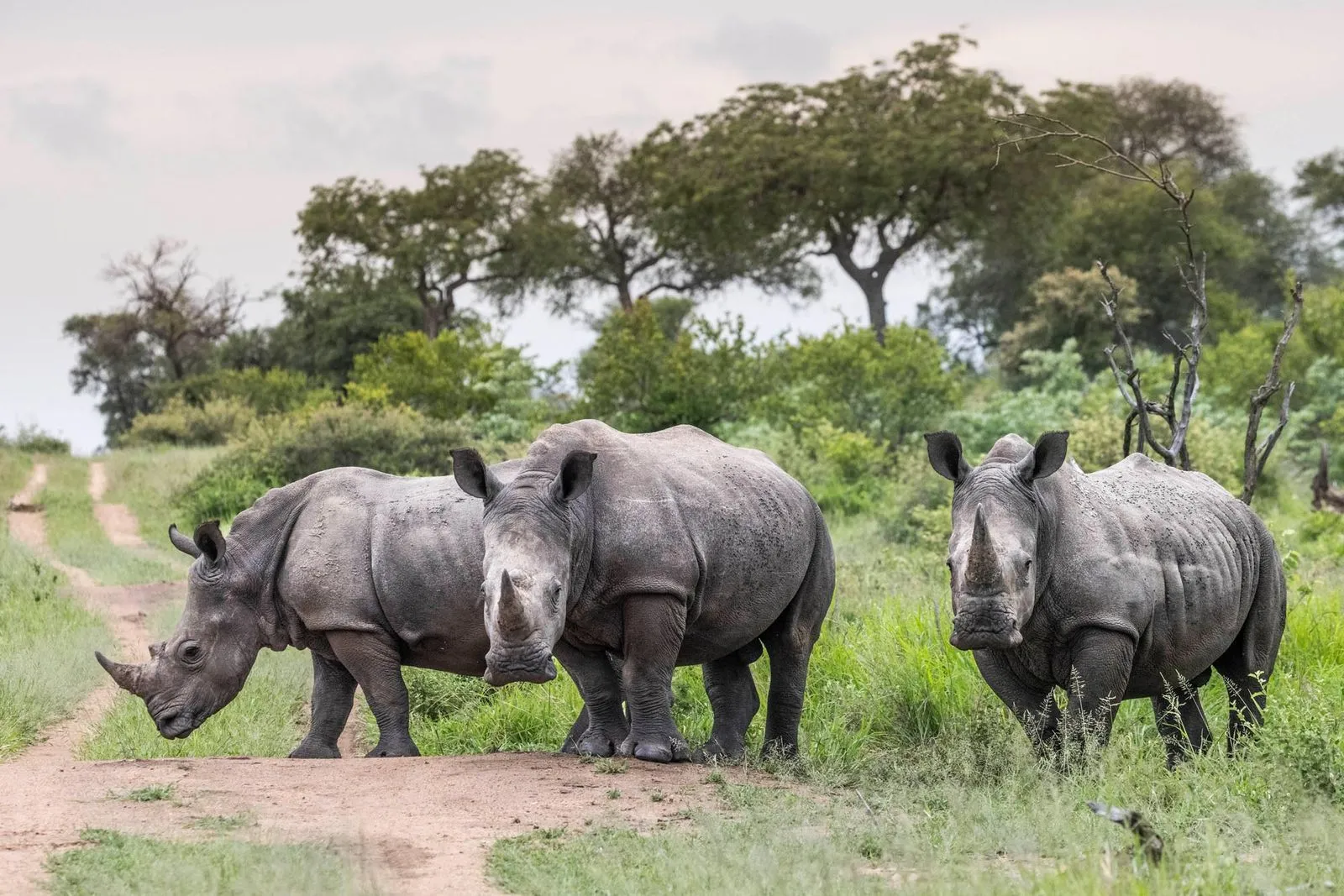
In the Timbavati, the Wilderness Comes First.
We respect and honour the wisdom and intelligence of nature. We prioritise the right of wild animals and landscapes to thrive naturally, by implementing low-impact conservation practices that honour the delicate balance of nature.
We operate with the knowledge that Timbavati forms a small part of a much larger landscape. We collaborate and co-operate with all stakeholders, near and far. We know that our success depends partly on the success of not only the reserves and national parks around us, but also neighbouring communities of people who live alongside our boundaries.


Wildlife Security
Wilderness Management
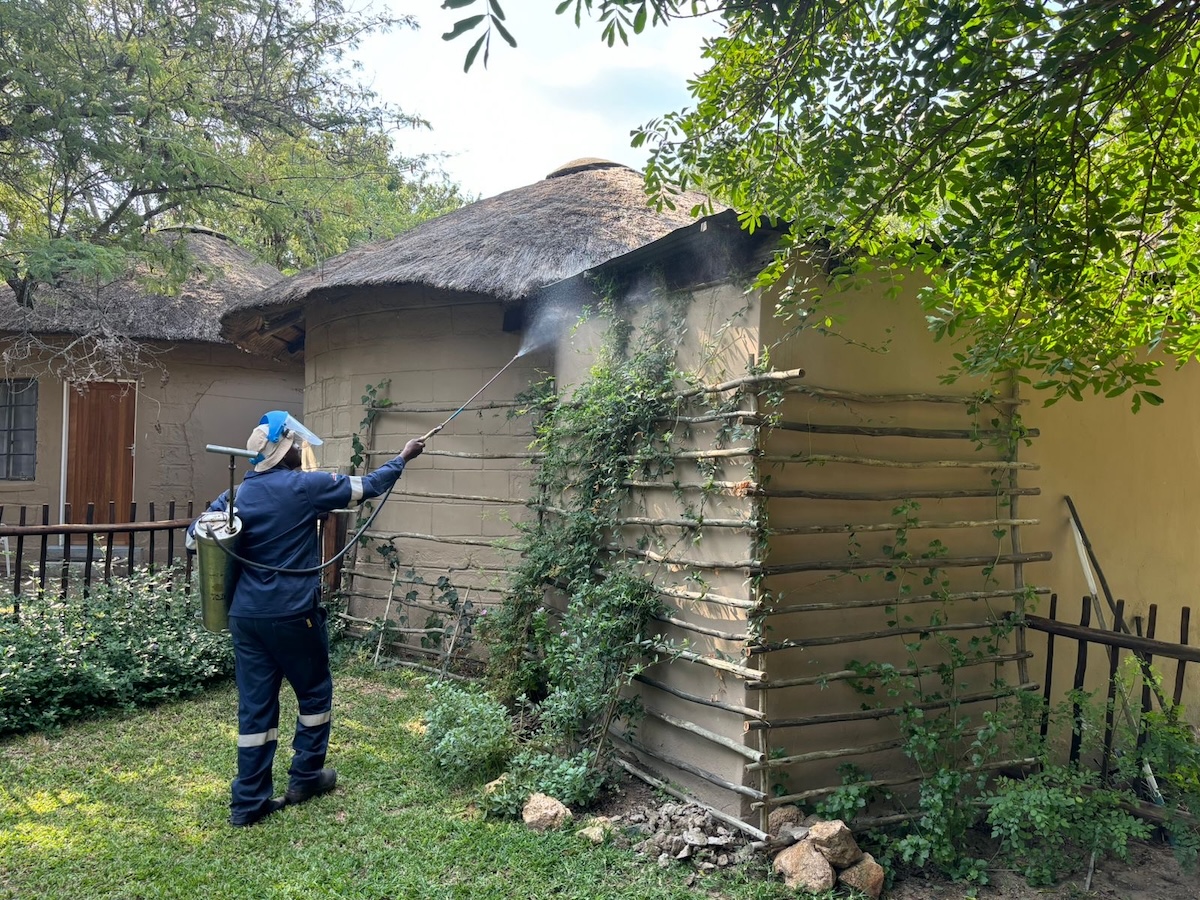
Timbavati has very few cases of malaria annually.
This is mostly because there is a low human population density within the reserve, and because management conducts annual malaria control programs.
As part of our commitment to the wellbeing of all who live and work in the Timbavati, our operations team carries out preventative malarial spraying across the reserve. This proactive initiative targets mosquito breeding areas, reducing the risk of malaria and helping to create a healthier, safer environment. Through these efforts, we not only safeguard the people who call the Timbavati home, but also ensure that families, staff, and visitors can thrive in harmony with the wilderness.
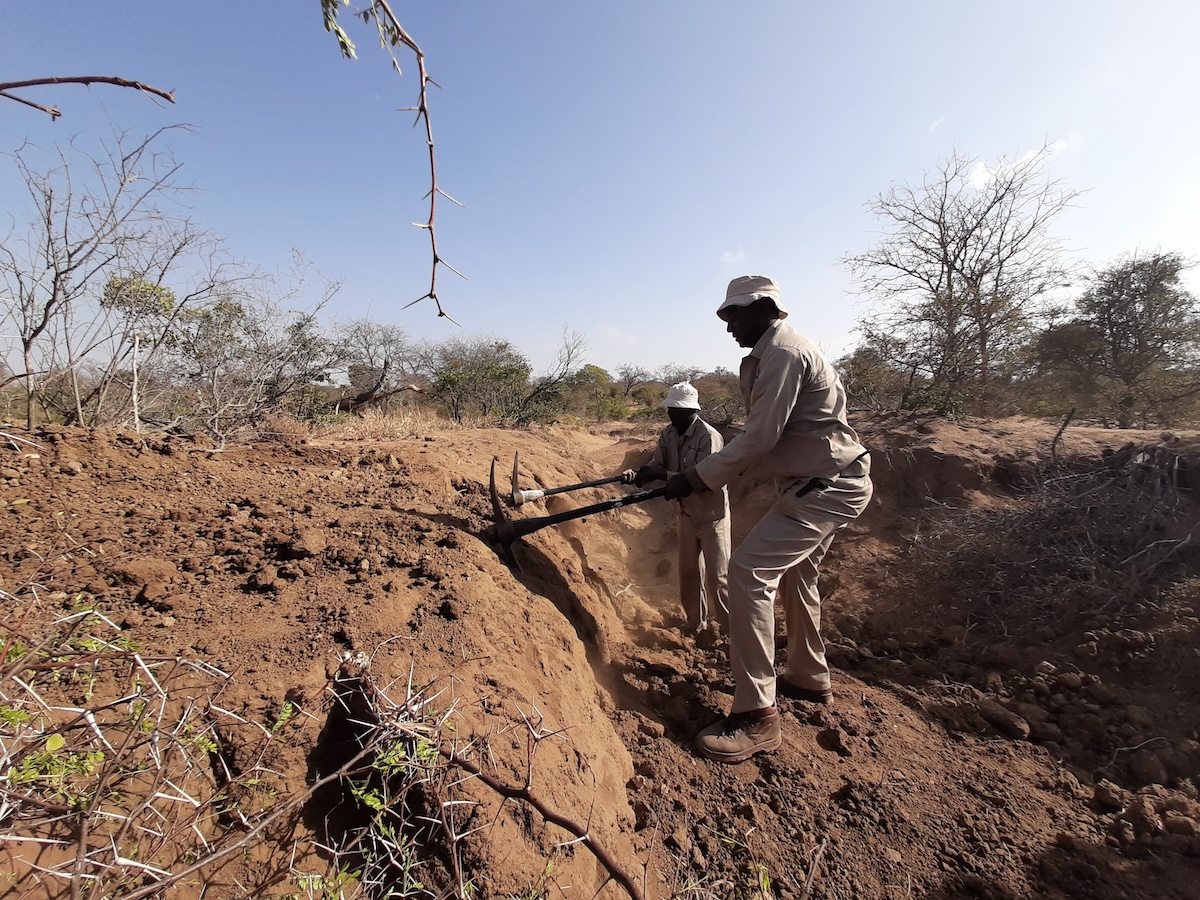
If there is no soil, there can be no vegetation, and no wild animals.
Soil is the source of all terrestrial life. Timbavati works constantly to repair and reclaim damaged areas where erosion has taken hold. More than 800 erosion sites have been rehabilitated since 2004.
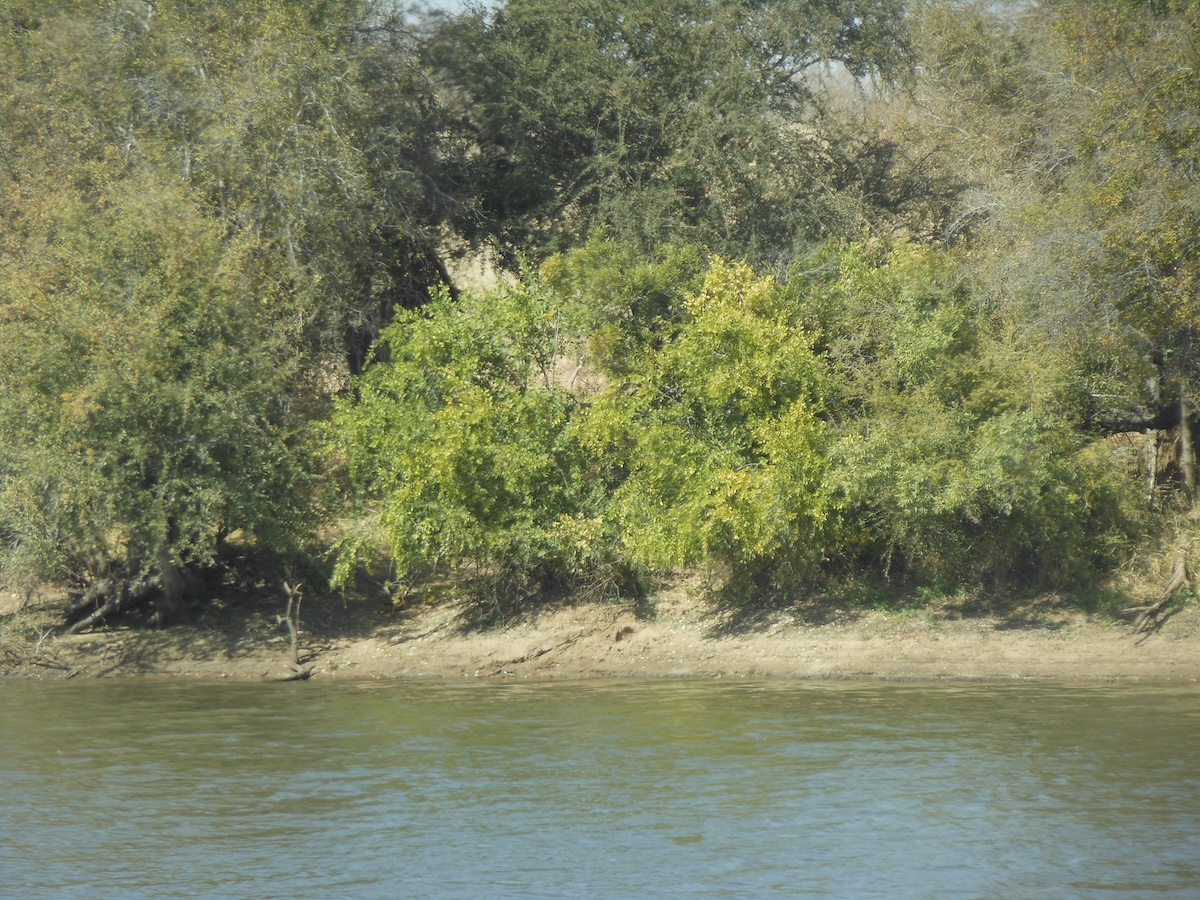
Alien plants are the next greatest threat after habitat destruction.
Exotic plant species often grow quicker than indigenous counterparts, consume more water and have no natural predators, allowing them to grow unchecked.
Alien plants choke indigenous flora and leach nutrients from the soil. Veld fires cause more damage, as many of the alien species burn at higher temperatures, causing trees and other vegetation, normally immune to the flames, to catch fire and burn up. Timbavati regularly identifies and removes alien plants, employing local people to generate income and improve livelihoods. Historically Timbavati has dealt with high volumes of prickly pears (Opuntia sp.) and paraffin bush (Chromolaena odorata.)
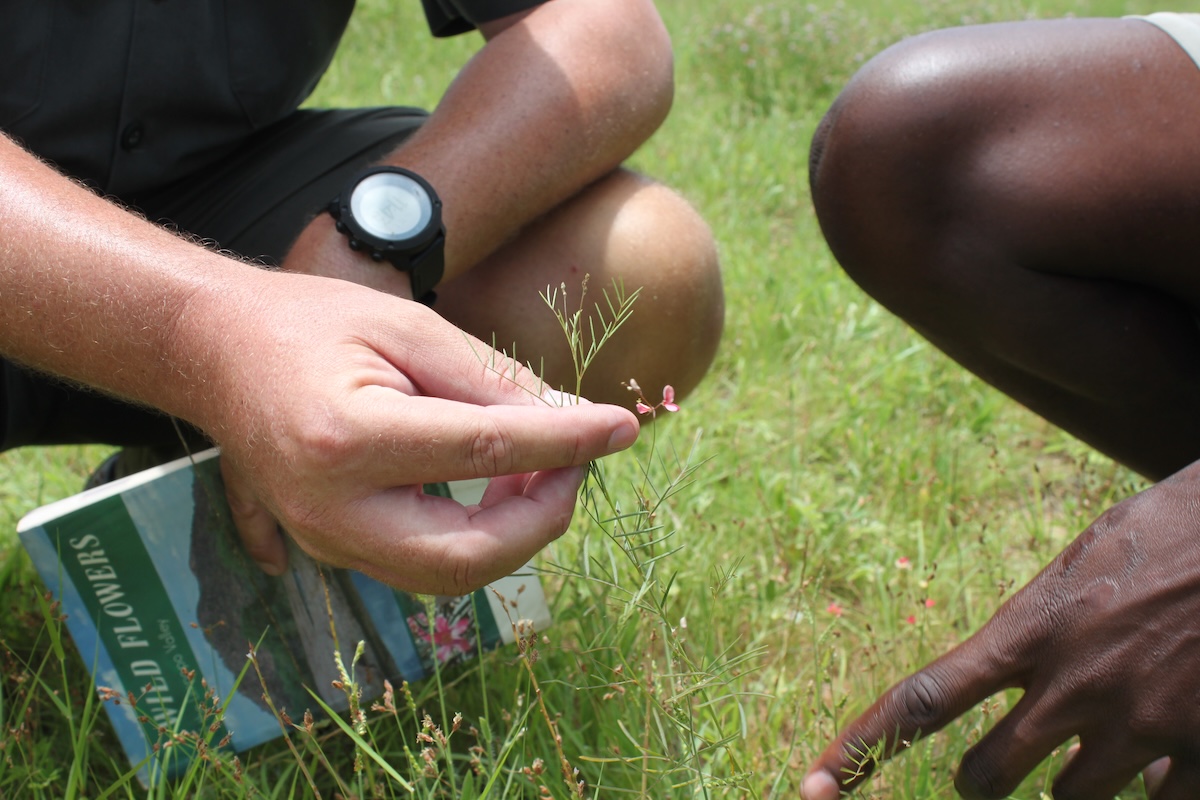
Vegetation management is the most important aspects of wildlife management.
Without healthy, diverse vegetation, the landscape and its animals cannot thrive. Timbavati undertakes regular vegetation assessments, and takes appropriate measures to ensure the delicate balance is maintained.
Fire management forms part of vegetation management, and is used to increase the diversity of vegetation, as well as rejuvenate grass cover. Timbavati uses a patch mosaic fire regime which mimics natural fire occurrence caused by lightning strikes.
Research Initiatives
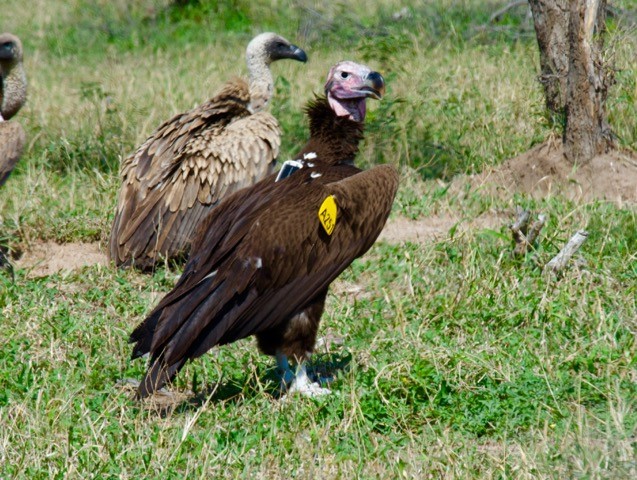
Endangered Wildlife Trust is collaborating with Timbavati to monitor the breeding and population dynamics of hooded vultures, whose population in Timbavati is one of the largest in the region. The destructive impact of elephants on large tree species is also studied, as these trees are used by vultures for nesting. Vulture chicks are marked, and visitors, guides and staff are requested to record their location.
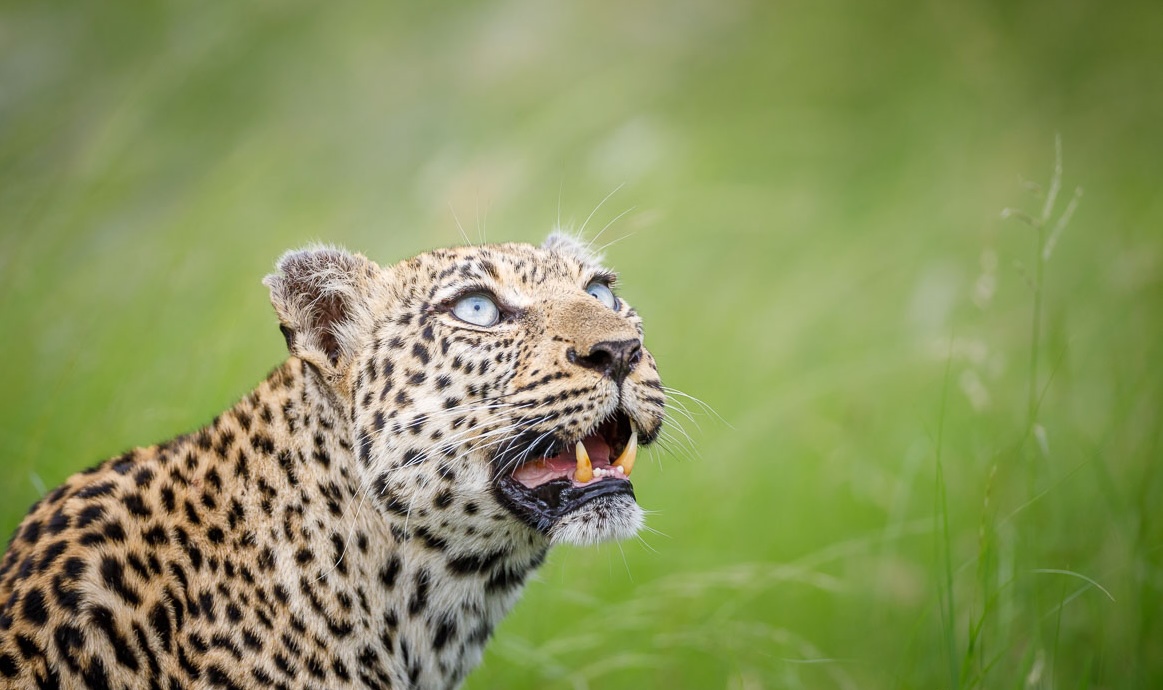
The Timbavati Leopard Project is a collaboration between Timbavati, Panthera and private partners.
The leopard is currently listed as a “near threatened” species on the IUCN Redlist. However, given increased poaching and landscape pressure, the species could soon qualify for “vulnerable” status.This project aims to address the many threats posted to leopards within Timbavati and surrounds. Timbavati has partnered with Panthera, the only organisation in the world devoted exclusively to the conservation of the world’s 38 wild cat species and their ecosystems.
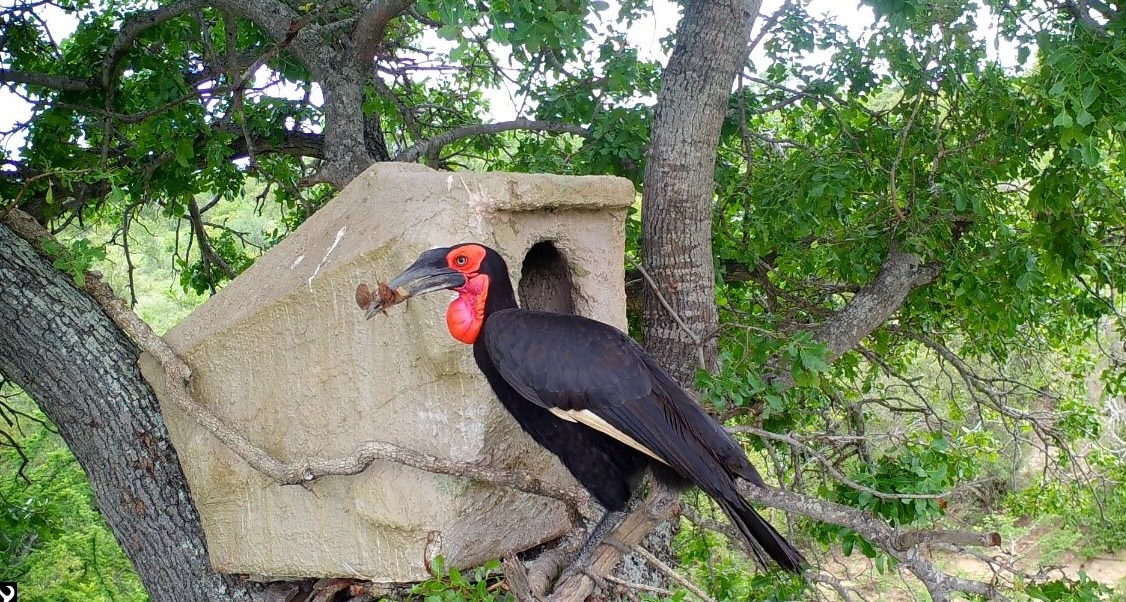
The Southern Ground-Hornbill Research Programme has been run since 2001 by the Percy FitzPatrick Institute of African Ornithology at University of Cape Town, with the aim of creating a better understanding of the breeding ecology and home range use of this endangered bird.
Responsible Tourism Programmes
Empowering Local Enterprises for a Thriving Conservation Economy.
Our tourism lodges, the Timbavati Nature Reserve management team, and the Timbavati Foundation, lead a collaborative initiative which empowers local small and medium enterprises by integrating them into our lodge and reserve supply chain, creating meaningful economic opportunities for neighbouring communities.
Through this partnership, known as the Timbavati Supplier Development Program (TSDP), we’re building a sustainable, inclusive economy where the success of our lodges and the well-being of local people go hand in hand with long-term conservation.
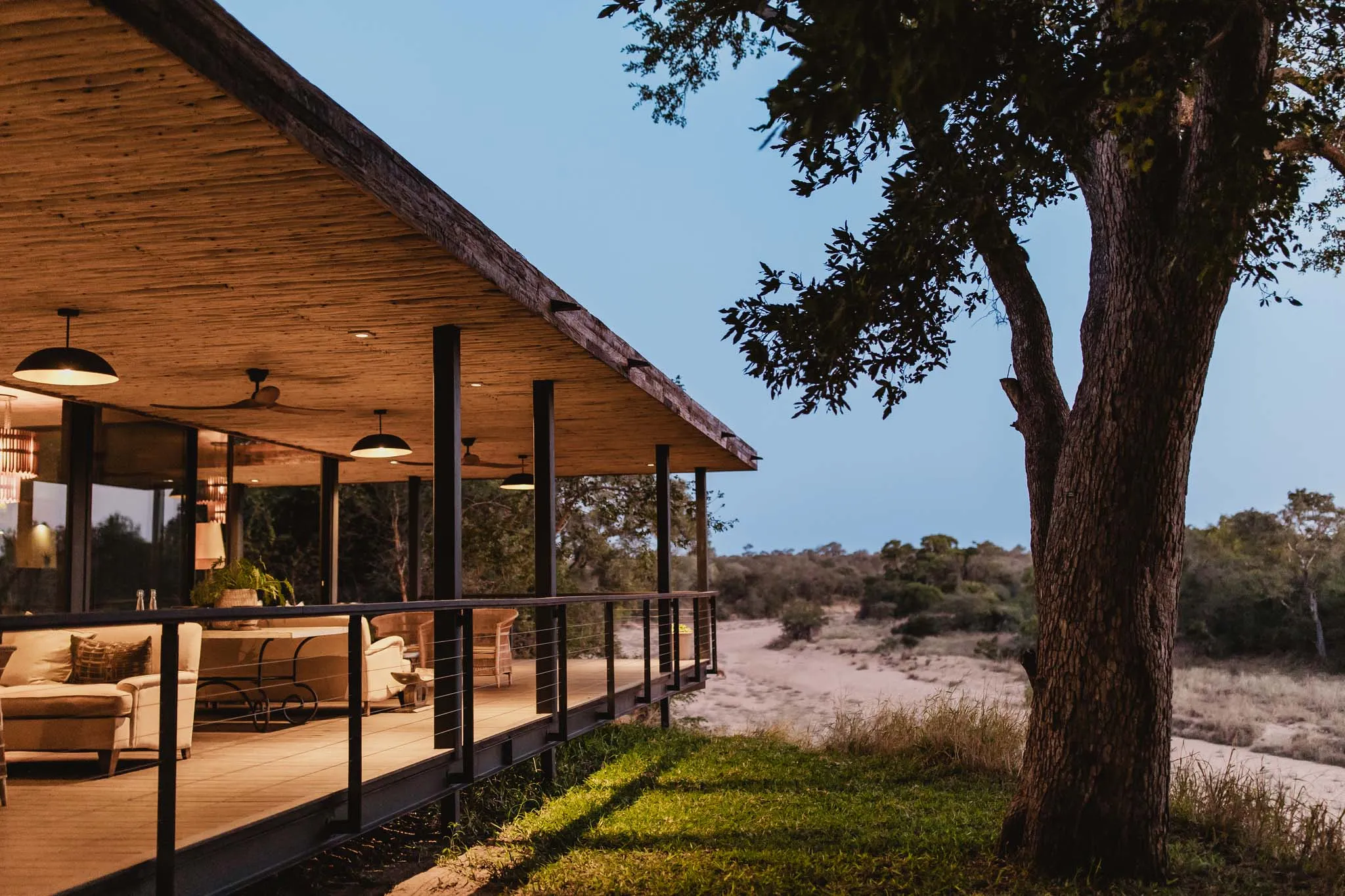


Community Conservation Initiatives
The Timbavati Foundation, started in 2010, is an independent trust fund that works among local, underprivileged communities that border Timbavati.
The foundation focuses on promoting its four founding pillars, quality education, conservation and environmental awareness, social upliftment and healthcare.
@timbavati_pnr

.jpg)

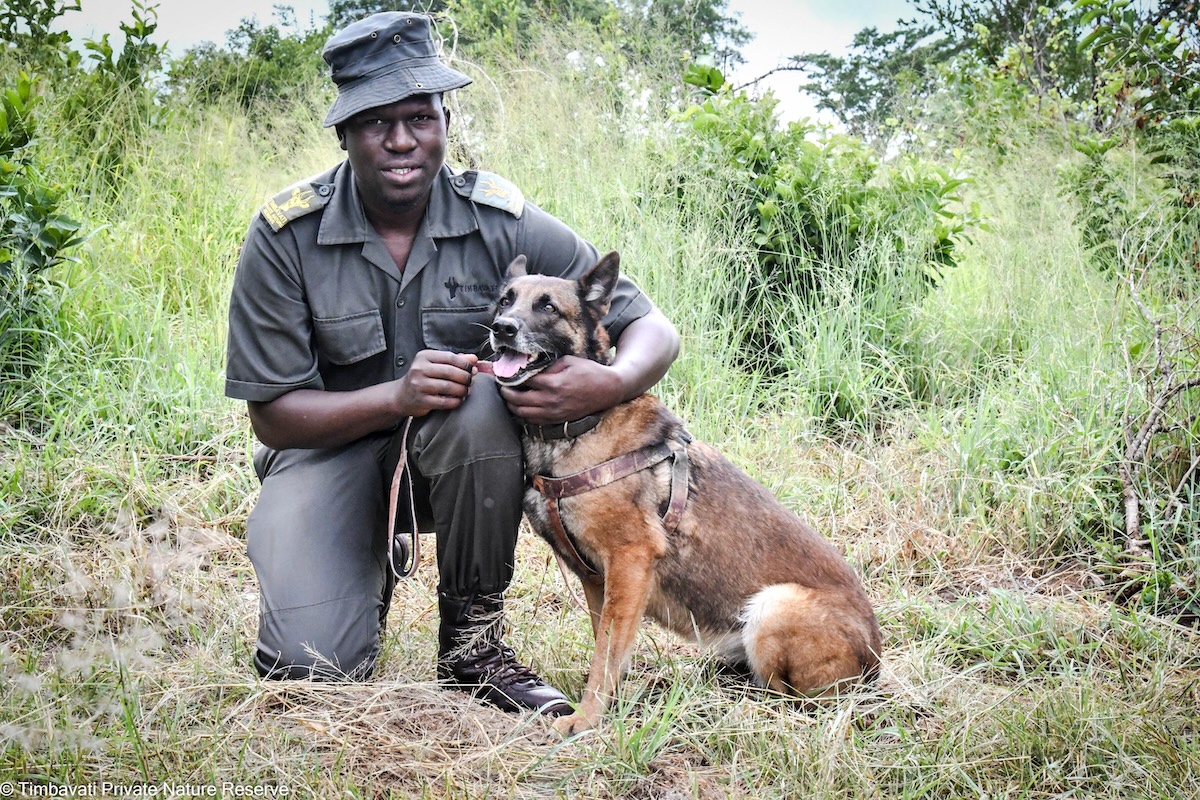

.png)
